DCB visited The three kings parade in Torrevieja and would like to share the experience and some facts about this ancient tradition.
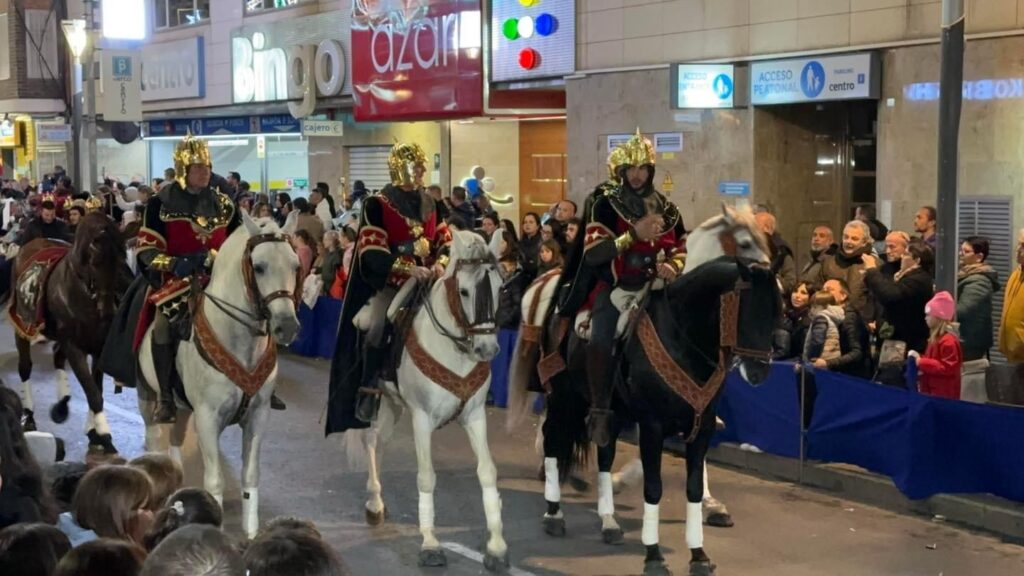
As the festive season winds down across Europe, Spain holds onto the holiday spirit, culminating in one of the most anticipated days of the year on January 6th – Three Kings Day, known as Reyes Magos. This vibrant and joyous fiesta is celebrated by families throughout the Iberian Peninsula and Spanish islands. On the night of January 5th, the three kings journey from the East, delivering coveted gifts to households across Spain. The following day, January 6th, becomes a time for spending with loved ones and sharing the joy of gifts. For travelers seeking an authentic Spanish experience during this season, the celebration of the three kings is an unmissable spectacle.
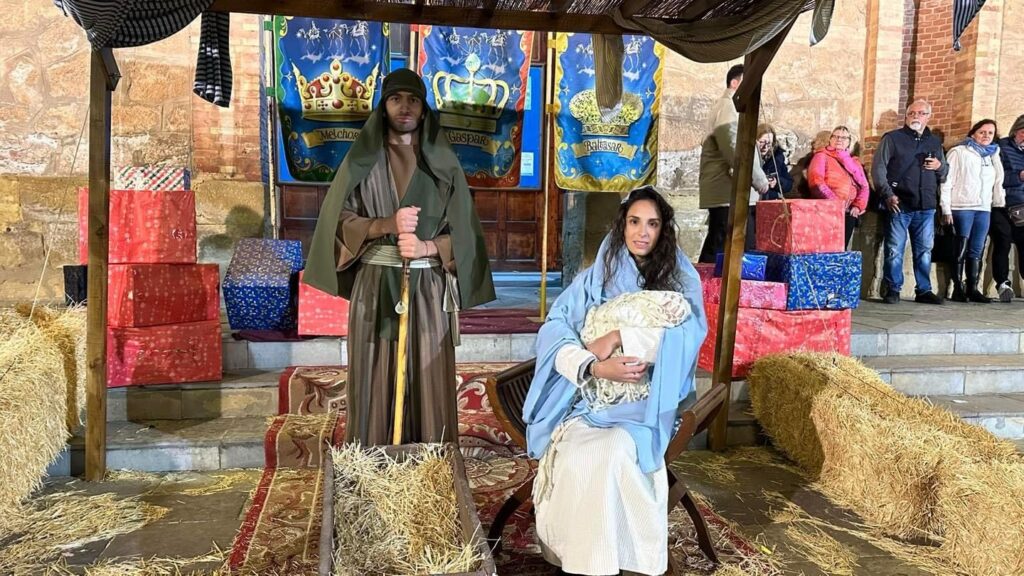

A Peek into the History of Three Kings Day Beyond the familiar tune of the ’12 days of Christmas,’ the festive season in Spain officially extends from December 25th to January 6th. In the UK, January 6th is the traditional day to dismantle Christmas decorations to ward off bad luck. In Spain, the Feast of the Epiphany, or Three Kings’ Day, commemorates the adoration of the baby Jesus by the Three Wise Men – Melchior, Caspar, and Balthazar. These wise men presented symbolic gifts of gold, frankincense, and myrrh, arriving on a horse, a camel, and an elephant. While it is a bank holiday in many Catholic countries, gift-giving is not the primary focus in most places.

Experiencing Three Kings Day in Spain Whether nestled in a beachfront hotel in the Canary Islands or a city center hideaway in Madrid, January 6th is a day of nationwide celebration in Spain. Since the 19th century, towns and cities have organized parades featuring floats with effigies of the Three Wise Men, creating a lively spectacle with colorful processions through the main streets. The parades, marked by the throwing of sweets into the crowds, contrast with the solemnity of Holy Week processions.
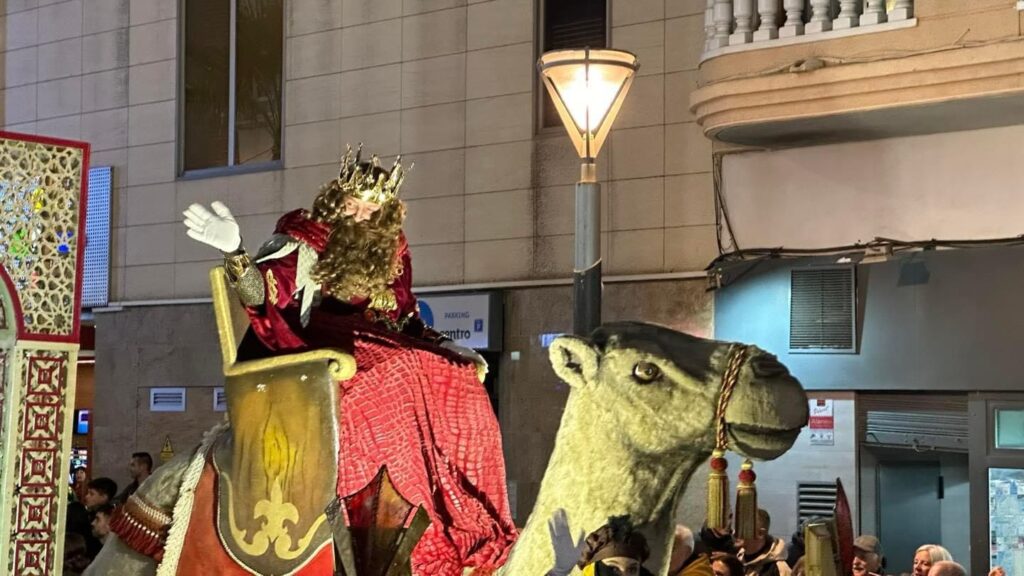
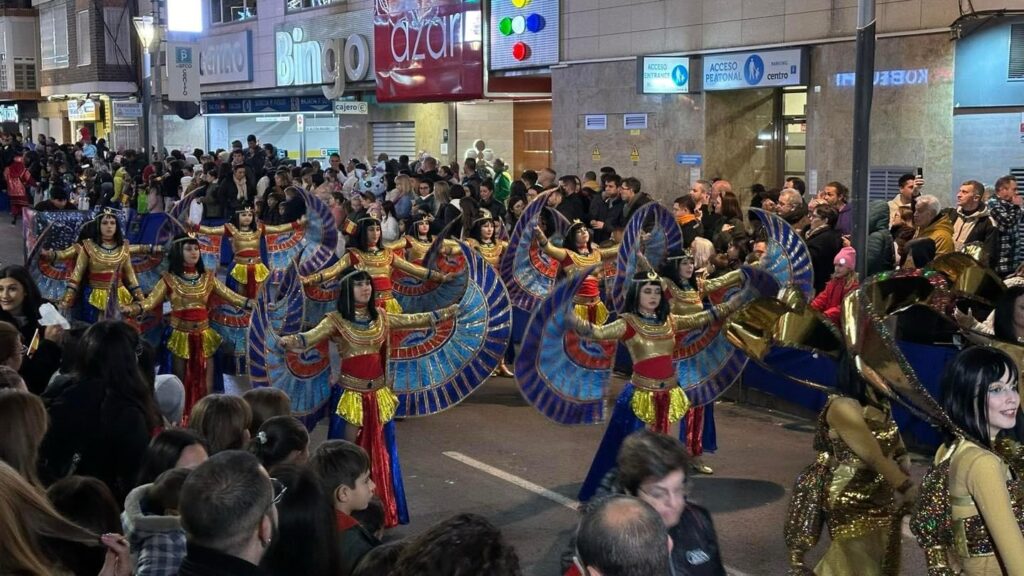
Similar to the anticipation of Father Christmas, Spanish children must retire early after the parades to ensure they don’t miss the Wise Men bearing gifts. They leave clean, polished shoes outside their doors, along with letters to the Three Wise Men and snacks for their camels. Naughty children might find sweet ‘coal’ in their shoes instead of gifts.

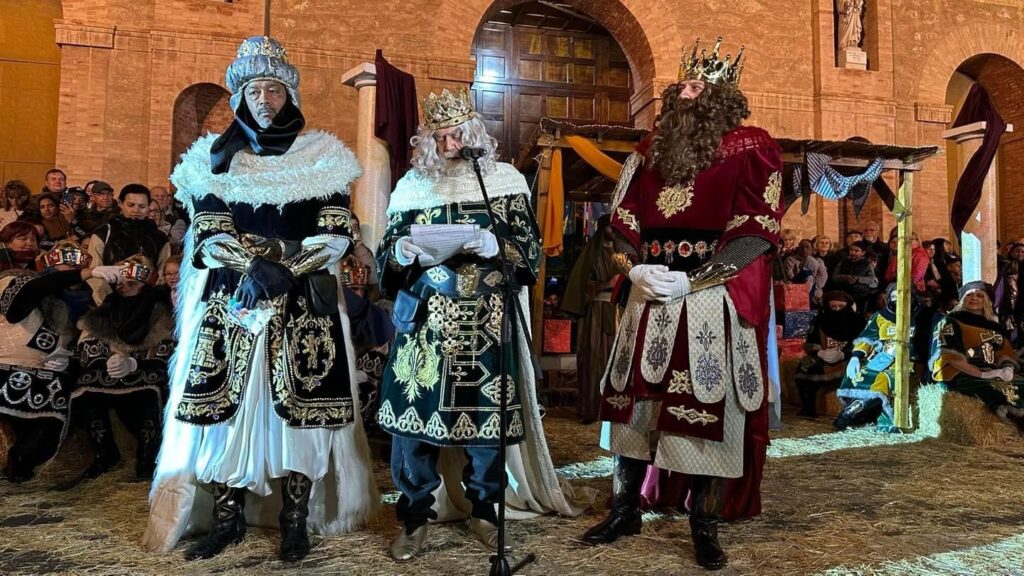
Indulging in Roscón de Reyes Cake On January 6th, families gather to share a delicious treat – Roscón de Reyes, a circular cake filled with cream. Cutting into the cake reveals a hidden figurine of a king; if you find it, you become a king for the day. However, discovering a bean means you’ll have to foot the bill for the cake. This sweet tradition dates back to Roman times when it was distributed during the Saturnalia festival, marking the return of sunnier days after the winter solstice. Don’t miss out on this delectable tradition during the festive season in Spain!
Photos by: Ayuntamento de Torrevieja
Thank you for reeding this blog from Destination Costa Blanca!


No responses yet